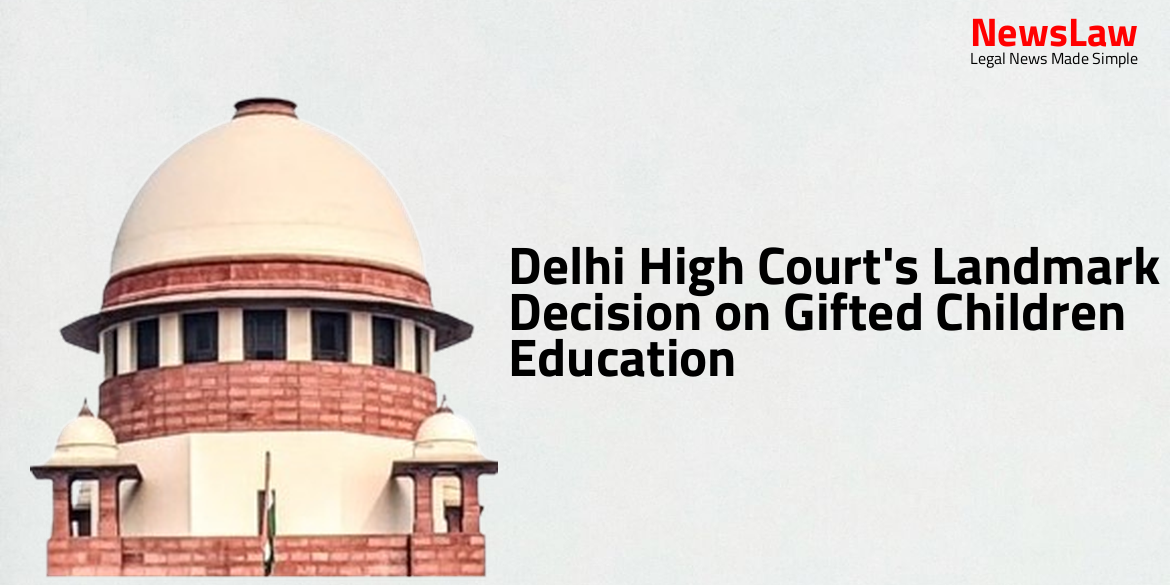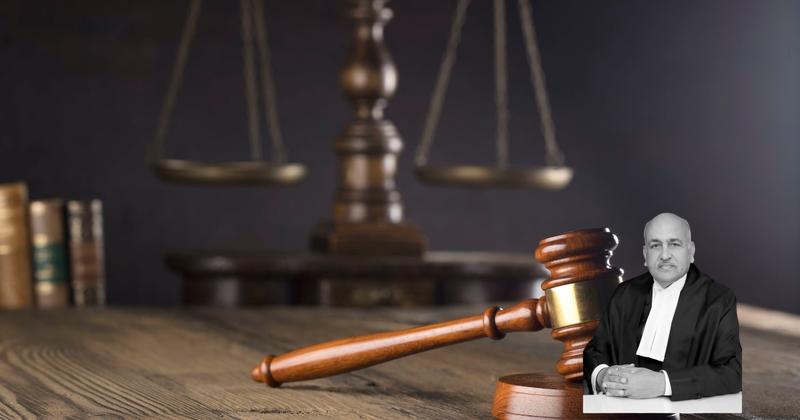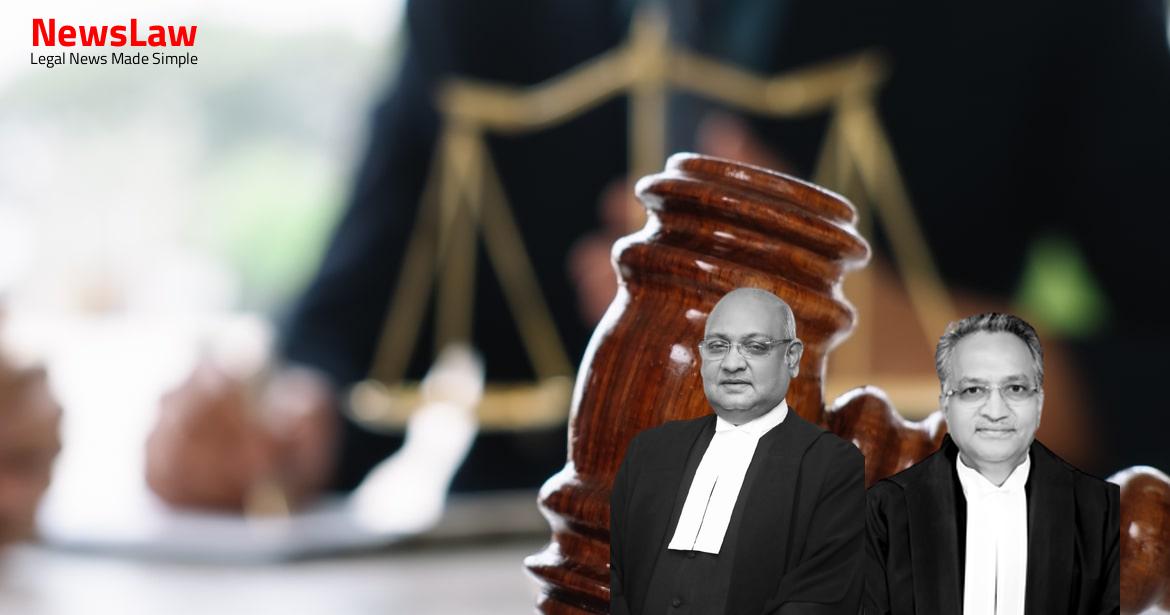In a landmark judgement, the Delhi High Court has delivered a decisive ruling on the education of gifted children. This case delves into the nuances of educating exceptionally talented students and the standards upheld by educational institutions. Let’s explore the implications of this verdict on the education sector and the welfare of gifted children.
Facts
- The petitioner alleges that her selected option for Question 2 was marked incorrect by CBSE.
- The question in dispute was about educating gifted children at a rapid pace.
- Petitioner asserts that both ‘Enrichment’ and ‘Acceleration’ are correct answers.
- The examination format was OMR.
- The petition concerns the CTET conducted by CBSE on 20 August 2023.
- Enrichment and acceleration are both methods of providing education to especially gifted children.
- The government of India established ‘Navodaya Vidyalayas’ (now Jawahar Navodaya Vidyalayas) in 1986 to widen horizons for rural talented students.
- Quality, Social Equity, and Excellence are the three pillars on which Navodaya Vidyalayas were conceptualized.
- Navodaya Vidyalayas are residential schools located in every district and provide all facilities.
- There is a need to investigate whether the selected rural talented students in Navodaya Vidyalayas are being fully nurtured.
- Some educators believe that gifted students should be accelerated, moving quickly through grades or subjects.
Arguments
- The petitioner’s argument is based on the National Education Policy (NEP) and other relevant documents.
- The NEP mentions Bagless days for enrichment activities and guidelines for gifted children’s education.
- The petitioner did not dispute the answer key within the given timeframe by CBSE.
- Referred to an article discussing educational programs for gifted children in India.
Analysis
- The court emphasized that interference with the suggested answer key should be done only in rare and exceptional cases, and to a very limited extent.
- In the context of the present case, the court found that there was no infirmity in the decision to treat Option 3 (acceleration) as the correct answer.
- Re-evaluation based on corrected answers keys was considered the appropriate approach, even in cases with a significant number of incorrect key answers.
- The court highlighted that the general rule against accepting the suggested answer key can only be relaxed when the answer is clearly and demonstrably wrong.
- The distinction between acceleration and enrichment in educating gifted children was discussed, with acceleration moving students at a rapid pace and enrichment providing alternative instruction.
- Expert opinions and authority decisions in determining correct answers were given deference unless completely unacceptable.
- Cases where there is ambiguity or multiple correct options require circumspection before court interference.
- The cautious wording of the exam question played a significant role in the court’s decision-making process.
- References and sources supporting the distinction between acceleration and enrichment in gifted children education were highlighted for clarity.
- The court stressed the importance of clear evidence when challenging the examining authority’s suggested answer.
- (i) Circumspection is the general rule, especially where experts have considered the objections raised to the answer key.
- (ii) There is no absolute proscription against Courts examining the challenge to the key answers, even where experts have opined.
- (iii) In an appropriate case, the Court can even examine, for itself, the correctness of the key answers under challenge, and refer to authoritative textbooks on the subject.
- (iv) Where the question is simple and can command only one answer apparent to the Court, the Court can take a view based on its own perception.
- (v) Where it is beyond doubt that the key answer was wrong, it would be unfair to penalize students for not giving the suggested demonstrably wrong answer.
- (vi) Guiding principle is not to penalize students for a demonstrably wrong key answer.
- Mr. Shastry seeks to rely on a Public Notice dated 9 October 2023 issued by the CBSE
- The Court has found that the petitioner is not entitled to the relief
- The Court is not entering into the aspect of the Public Notice in question
Decision
- The writ petition is dismissed.
- No costs are awarded.
Case Title: DEEPA MULWANI Vs. UNION OF INDIA & ORS. (2024:DHC:4100)
Case Number: W.P.(C)-387/2024



